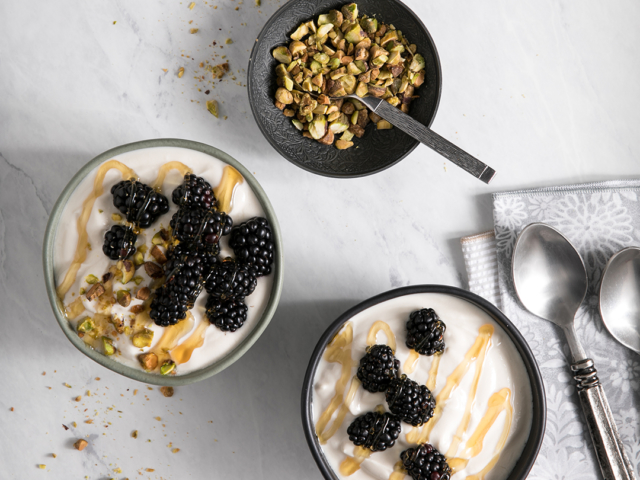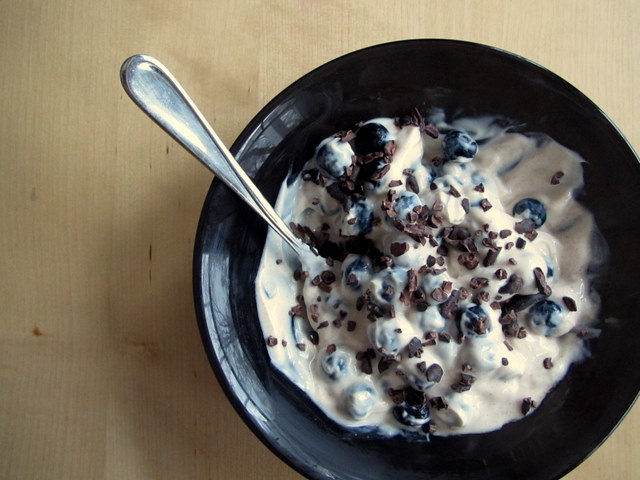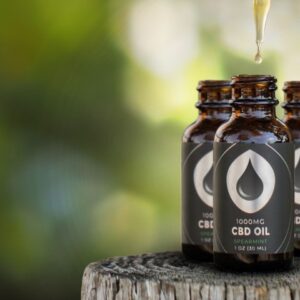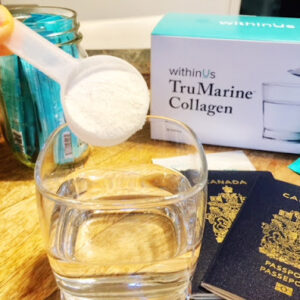The world of sports and exercise has long been focused on the physical aspects of training, nutrition, and recovery. However, in recent years, scientists and researchers have started to explore a new frontier in optimizing athletic performance: the gut microbiome. This complex ecosystem of microorganisms residing in our intestines plays a crucial role in various bodily functions, including digestion, immune response, and even brain health. Now, emerging research suggests that the gut microbiome might also have a significant impact on athletic performance. In particular, the relationship between probiotics, exercise, and their potential to enhance athletic prowess is gaining attention.
The Gut Microbiome: A Balancing Act
Before delving into the connection between probiotics and exercise, it’s important to understand the gut microbiome’s significance. The gut is home to trillions of microorganisms, including bacteria, viruses, fungi, and more. These microorganisms form a delicate balance that influences our overall health and wellbeing. A healthy gut microbiome is characterized by diversity, with various strains of bacteria working harmoniously to aid digestion, modulate the immune system, and even produce certain vitamins.
Exercise and Gut Health
Regular physical activity has numerous benefits for the body, such as improving cardiovascular health, boosting metabolism, and enhancing mood. Surprisingly, recent studies have suggested that exercise can also impact the gut microbiome. Research published in the journal Gut Microbes found that athletes tend to have a more diverse and abundant gut microbiome compared to sedentary individuals. This diversity is associated with better overall health and improved immune function.
It’s hypothesized that the increase in diversity is due to the increased blood flow and oxygen delivery during exercise, creating a more hospitable environment for beneficial bacteria. Additionally, exercise-induced changes in gut motility could contribute to the balance of gut bacteria. While exercise plays a positive role in shaping the gut microbiome, the relationship works both ways: the gut microbiome can also influence an individual’s response to exercise.
Probiotics: The Microbial Performance Enhancers
Probiotics are live microorganisms that provide health benefits when consumed in adequate amounts. These beneficial bacteria are commonly found in fermented foods like yogurt, kefir, sauerkraut, and kimchi, as well as in dietary tablets. Probiotics have gained popularity for their potential to promote digestive health, alleviate irritable bowel syndrome, and even boost immunity.
Recent research suggests that certain probiotic strains could offer advantages to athletes. For instance, the strain Lactobacillus acidophilus has been shown to enhance nutrient absorption, potentially improving the uptake of essential vitamins and minerals needed for optimal performance. Additionally, strains like Bifidobacterium bifidum may help reduce exercise-induced inflammation, which can aid in post-workout recovery.
The Immune Connection
Intense exercise, while beneficial, can temporarily suppress the immune system. This phenomenon has led to the “open window” theory, where athletes are more susceptible to infections in the hours and days following rigorous training. This is where the gut microbiome steps in. A well-balanced gut microbiome can play a crucial role in supporting immune function, which is essential for athletes striving to maintain consistent training regimens.
Probiotics have been found to modulate immune responses, helping to prevent immune suppression associated with strenuous exercise. The gut microbiome communicates with the immune system, influencing the production of immune cells and the regulation of inflammation. By promoting a healthy balance of gut bacteria through probiotics, athletes might mitigate the risk of infections and shorten recovery times.
The Mind-Body Connection
Athletic performance is not solely about physical capabilities; mental resilience also plays a significant role. The gut-brain axis, a bidirectional communication network between the gut and the brain, highlights how gut health can impact cognitive function and mood. This connection is of particular importance to athletes, as maintaining focus, managing stress, and staying positive are essential components of success.

Emerging research suggests that the gut microbiome can influence mental states. Certain strains of probiotics, such as Lactobacillus and Bifidobacterium, produce neurotransmitters like serotonin and GABA, which are known to regulate mood and anxiety. By supporting a healthy gut microbiome, athletes might experience improved mental clarity, reduced stress, and enhanced overall wellbeing.
Conclusion
The symbiotic relationship between the gut microbiome, probiotics, and exercise is a captivating area of research that has the potential to revolutionize the way athletes approach their training and performance. While the field is still relatively young and more studies are needed, the evidence suggests that a balanced gut microbiome can positively impact athletic performance through enhanced nutrient absorption, improved immune function, and even better mental resilience.
Incorporating probiotic-rich foods into an athlete’s diet could be a promising strategy to optimize gut health. However, it’s important to note that individual responses may vary, and consulting with a healthcare professional or registered dietitian before making significant dietary changes is advisable. As science continues to unveil the intricate connections between our gut and various aspects of health, athletes stand to gain a deeper understanding of how to unlock their full potential through the power of good gut bacteria.





